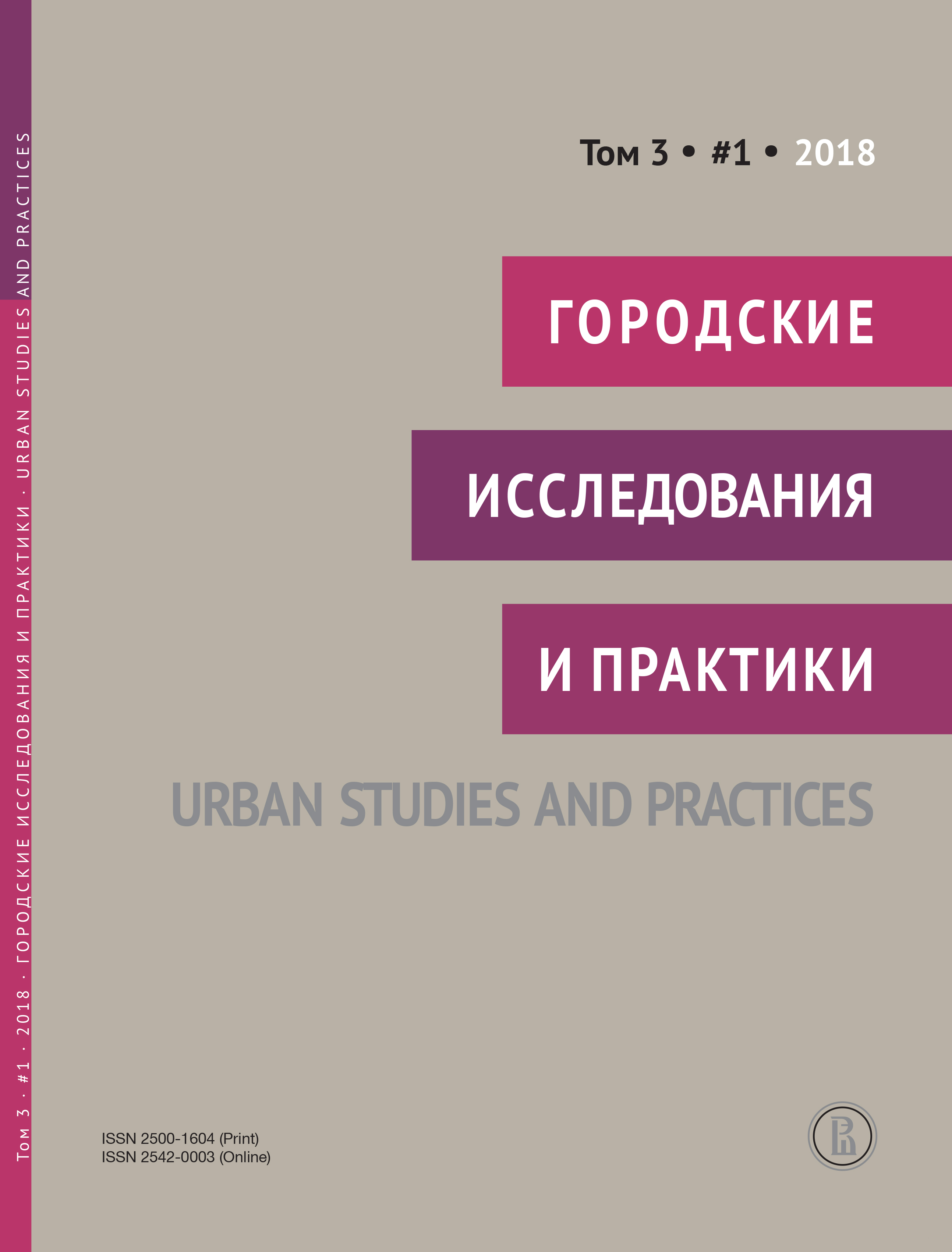Who Knows Better What the City Should Be?
Local Government Reform in Northern Ireland in 2015
Abstract
The Local Government Reform in Northern Ireland in 2015 returned decision-making powers on territorial development to the local level. Sabine Kalke, who worked in the department before and after the reform, spoke in her interview about the changes they faced and what additional powers were transferred to local government. The changes mostly affected interactions with stakeholders and the actual development strategy of Belfast. Today, the city determines the priorities and development goals at the local level, and negotiations with major developers are based on these goals. As a result, the interaction has become more meaningful and mutually beneficial.
The reform provides the City Council with a certain flexibility in decision-making: its position remains strong, but with the ability to adjust the plans. After all, the urban development process benefits both the private and the public sector. In this sense, the readiness of each of the parties to an open dialogue becomes key.
The experience of Belfast is becoming particularly important regarding changes in the Russian local government system, which has lost much authority in recent years.

